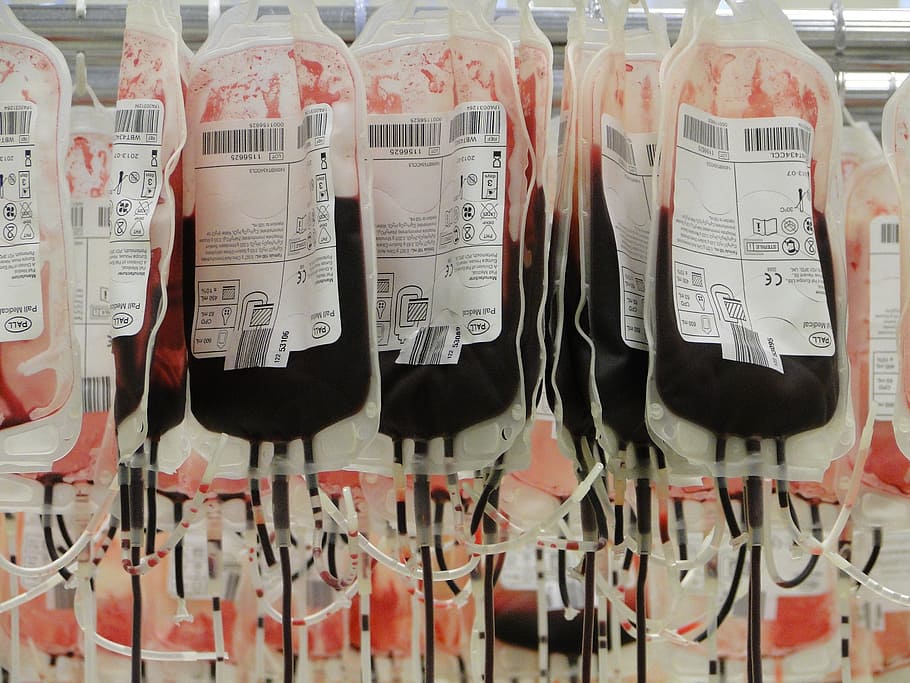Across the world of sports, there has been one consistent problem: doping. Every sports administration has been forced to adopt preventative measures to disencourage athletes from using performance enhancing drugs (PEDs). Although most of these protocols and rules have been effective, new methods to bypass drug tests have emerged.
Blood doping is a method athletes like runners and cyclists use to increase their VO2 max. One method involves removing blood and oxidizing it to increase the red blood cell count. The second method is taking drugs similar to EPO then removing the blood so that the drug is undetectable. Once the drug tests are complete with desired results, the athletes will slowly transfer the blood back into their blood flow before the competition. This method of enhancement is almost impossible to detect unless they test the day of competition; even then, there could still be a window of time to transfer the blood back in.
Since the 1970s, Kenya has been the dominant country in middle to long distance running. Between both genders, the Kenyans hold 17 world records in track and field. Their dominance in running has made many people question the validity of their natural skill. Kenyan Eliud Kipchoge is the current world record holder for the marathon with a time of 2:01:09. Part of their dominance can be attributed to the country’s training conditions. Kenya itself has a high altitude that allows for runners to train with less oxygen. Training with less oxygen means that when a runner races or runs at a lower altitude, their lungs are stronger and can process more oxygen.
55 Kenyan athletes have been banned for doping by the Athletics Integrity Unit (AIU) as of November 2022. Multiple Olympic gold medals, along with other awards, have been stripped from runners due to PEDs, leading to upheaval within the running community. Eliud Kipchoge has voiced his concerns about the decreasing integrity of the sport. These scandals have also reinforced and reignited doping allegations aimed at dominant African runners and countries.
In 2022, world-renowned Kenyan marathon runner Marius Kipserem was banned when officials found Erythropoietin (EPO) in his system. EPO is a drug that increases aerobic capacity, a key skill for long distance runners like Kipserem.
EPO is just one of the drugs that long distance runners use to increase their performance. Their performance primarily revolves around aerobic capacity, also known as VO2 max. EPO increases red blood cell counts, allowing users to process more oxygen therefore enabling runners to have a higher oxygen intake, increasing their aerobic capacity.
Kenya faced a ban from the World Athletics administration, the international governing body for track and field, due to what they described as a “doping crisis.” The Kenyan government itself has taken steps to prevent doping in an attempt to fend off a ban. The government has also stated that they knew nothing of If they do receive a ban, athletes may be forced to compete independently of their country in international events, like the Russians in the 2022 Olympics.
This doping epidemic has had enormous effects on the honesty and integrity of the governing body of Kenya. Although the government is claiming their innocence, nothing can be assured. It will take Kenya a very long time to recover from this scandal and might affect other dominant running countries.







































